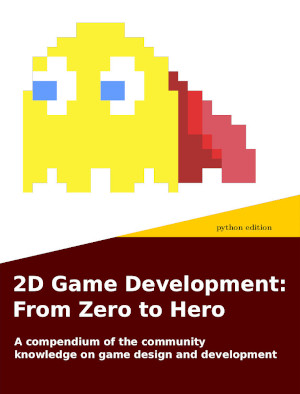
This is a small project that aims to gather some knowledge about game development and make it available to everyone.
As well as being a source of knowledge this project aims to be a learning experience for everyone involved too, by gathering contributions from the community, teaching others how to make a game, teaching algorithms but also learni...
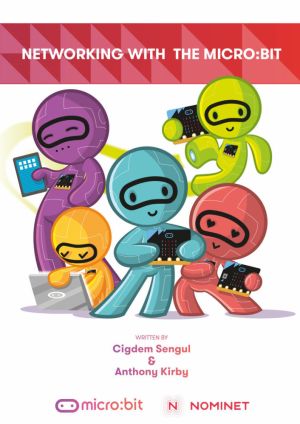
This book presents a series of activities to teach the basics of computer networks. While you will not learn all aspects of computer networking, we hope that it will serve as a good starting point.
To network micro:bits, we use custom micro:bit radio to radio communication. When one hears the word radio, what comes to mind is the radio that blas...

Suppose you sit down at your computer to check your email. One of the messages includes an attached document, which you are to edit. You click the attachment, and it opens up in another window. After you start editing the document, you realize you need to leave for a trip. You save the document in its partially edited state and shut down the comput...
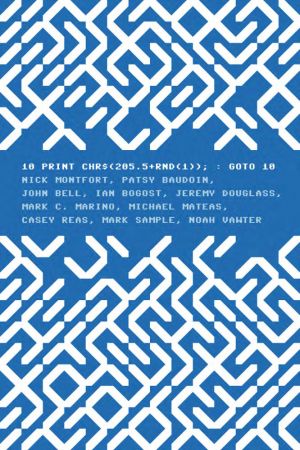
This book takes a single line of code - the extremely concise BASIC program for the Commodore 64 inscribed in the title - and uses it as a lens through which to consider the phenomenon of creative computing and the way computer programs exist in culture. The authors of this collaboratively written book treat code not as merely functional but as a t...
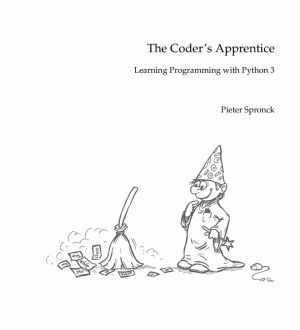
The Coder's Apprentice is a course book, written by Pieter Spronck, that is aimed at teaching Python 3 to students and teenagers who are completely new to programming. Contrary to many of the other books that teach Python programming, this book assumes no previous knowledge of programming on the part of the students, and contains numerous exer...
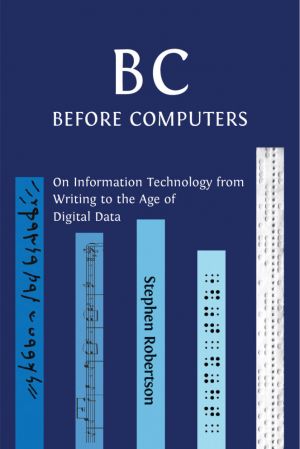
The idea that the digital age has revolutionized our day-to-day experience of the world is nothing new, and has been amply recognized by cultural historians. In contrast, Stephen Robertson's BC: Before Computers is a work which questions the idea that the mid-twentieth century saw a single moment of rupture. It is about all the things that we ...

Learning the command line can be a difficult and intimidating task, but this book is designed to be your lighthouse in the modern computational storm. Unix is a 40 year old operating system that powers the internet, your phone, and the latest scientific research. This book aims to be a gateway to the world of computer programming, providing you wit...
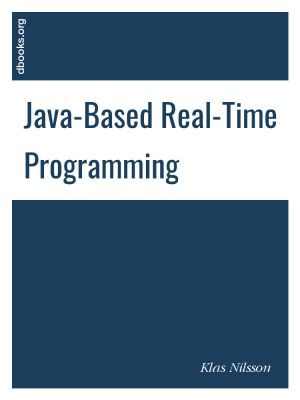
Development of embedded software has for some years mainly been carried out by hardware-aware programming using the C-language, and in some cases even in assembly languages. This works well in simple cases when the application demands and the hardware are known at design time, and the size of the (statically defined) software is small. When applica...
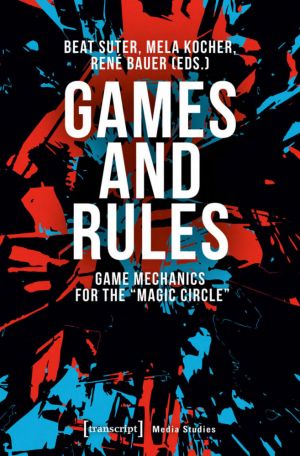
Why do we play games and why do we play them on computers? The contributors of Games and Rules take a closer look at the core of each game and the motivational system that is the game mechanics. Games are control circuits that organize the game world with their (joint) players and establish motivations in a dedicated space, a "Magic Circle,&qu...
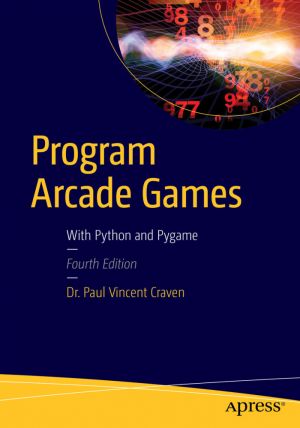
Learn and use Python and PyGame to design and build cool arcade games. In Program Arcade Games: With Python and PyGame, 4th Edition, Dr. Paul Vincent Craven teaches you how to create fun and simple quiz games; integrate and start using graphics; animate graphics; integrate and use game controllers; add sound and bit-mapped graphics; and build grid-...
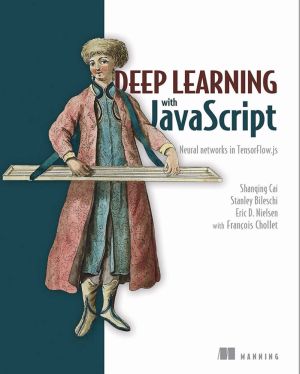
Deep learning has transformed the fields of computer vision, image processing, and natural language applications. Thanks to TensorFlow.js, now JavaScript developers can build deep learning apps without relying on Python or R. Deep Learning with JavaScript shows developers how they can bring DL technology to the web. Written by the main authors of t...

This open book presents selected papers from International Symposium on Mathematics, Quantum Theory, and Cryptography (MQC), which was held on September 25-27, 2019 in Fukuoka, Japan. The international symposium MQC addresses the mathematics and quantum theory underlying secure modeling of the post quantum cryptography including e.g. mathematical s...
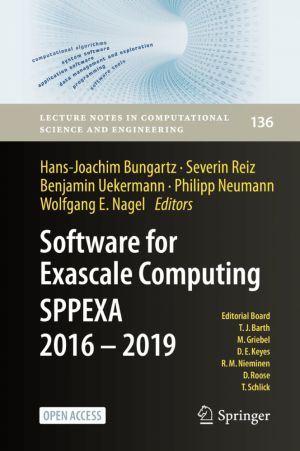
This open book summarizes the research done and results obtained in the second funding phase of the Priority Program 1648 "Software for Exascale Computing" (SPPEXA) of the German Research Foundation (DFG) presented at the SPPEXA Symposium in Dresden during October 21-23, 2019.
In that respect, it both represents a continuation of Vol. 1...
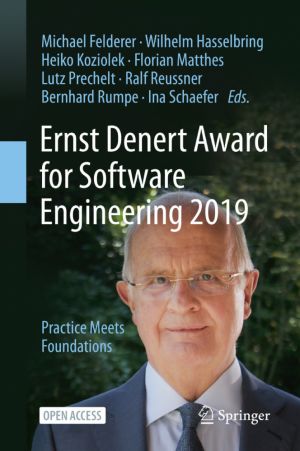
This open book provides an overview of the dissertations of the five nominees for the Ernst Denert Award for Software Engineering in 2019. The prize, kindly sponsored by the Gerlind & Ernst Denert Stiftung, is awarded for excellent work within the discipline of Software Engineering, which includes methods, tools and procedures for better an...
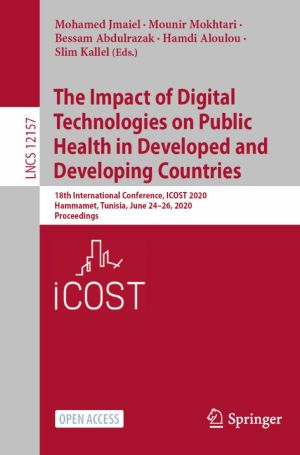
This open access book constitutes the refereed proceedings of the 18th International Conference on String Processing and Information Retrieval, ICOST 2020, held in Hammamet, Tunisia, in June 2020.*
The 17 full papers and 23 short papers presented in this volume were carefully reviewed and selected from 49 submissions. They cover topics such as: Io...
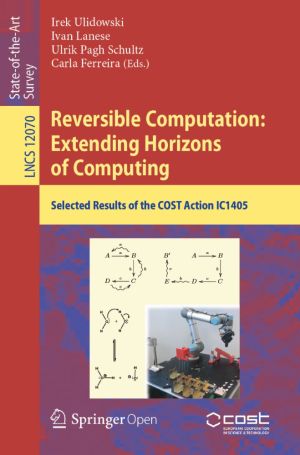
This open access State-of-the-Art Survey presents the main recent scientific outcomes in the area of reversible computation, focusing on those that have emerged during COST Action IC1405 "Reversible Computation - Extending Horizons of Computing", a European research network that operated from May 2015 to April 2019.Reversible computation ...
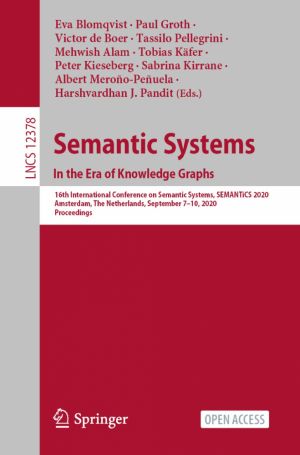
This open access book constitutes the refereed proceedings of the 17th International Conference on Semantic Systems, SEMANTiCS 2020, held in Amsterdam, The Netherlands, in September 2020....
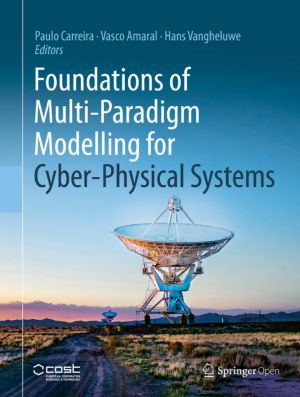
This open book coherently gathers well-founded information on the fundamentals of and formalisms for modelling cyber-physical systems (CPS). Highlighting the cross-disciplinary nature of CPS modelling, it also serves as a bridge for anyone entering CPS from related areas of computer science or engineering.Truly complex, engineered systems - known a...

This open access book summarises the latest developments on data management in the EU H2020 ENVRIplus project, which brought together more than 20 environmental and Earth science research infrastructures into a single community. It provides readers with a systematic overview of the common challenges faced by research infrastructures and how a '...
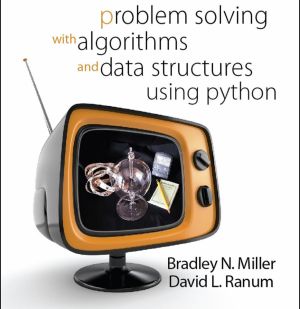
The study of algorithms and data structures is central to understanding what computer science is all about. Learning computer science is not unlike learning any other type of difficult subject matter. The only way to be successful is through deliberate and incremental exposure to the fundamental ideas. A beginning computer scientist needs practice ...
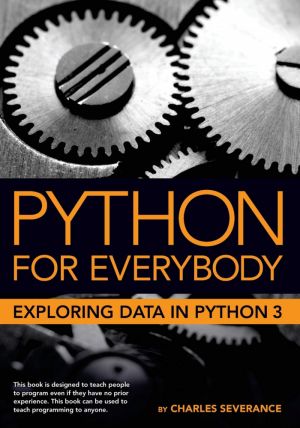
Python for Everybody is designed to introduce students to programming and software development through the lens of exploring data. You can think of the Python programming language as your tool to solve data problems that are beyond the capability of a spreadsheet. Python is an easy to use and easy to learn programming language that is freely availa...
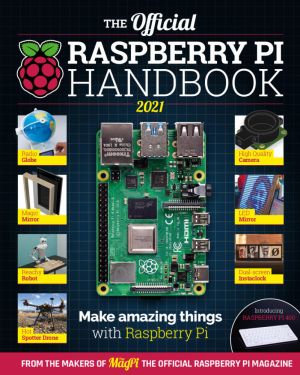
To help you get the most of out of your Raspberry Pi computer, this official Handbook features 200 pages of essential information, inspiring projects, practical tutorials, and definitive reviews.
- Learn how to set up your Raspberry Pi and start using it;
- Discover the new Raspberry Pi 400 and High Quality Camera;
- Be inspired by incredible ...
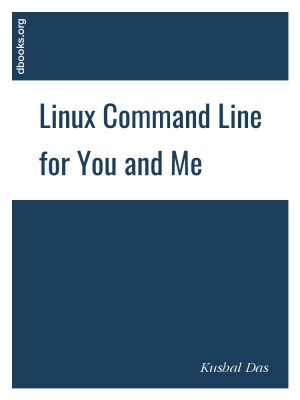
The command line is a text interface for your computer. It's a program that takes in commands, which it passes on to the computer's operating system to run.
Linux command line for you and me is a open book for newcomers to command line environment....

How to Think Like a Computer Scientist is an introductory programming book based on the OCaml language. It is a modified version of Think Python by Allen Downey. It is intended for newcomers to programming and also those who know some programming but want to learn programming in the function-oriented paradigm, or those who simply want to learn OCam...
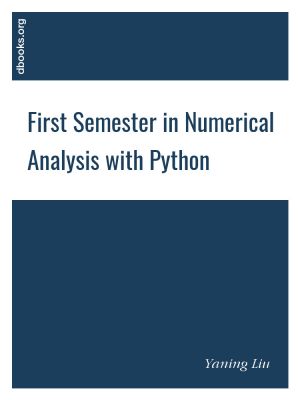
The book is based on "First semester in Numerical Analysis with Julia". The contents of the original book are retained, while all the algorithms are implemented in Python (Version 3.8.0). Python is an open source (under OSI), interpreted, general-purpose programming language that has a large number of users around the world. Python is ran...
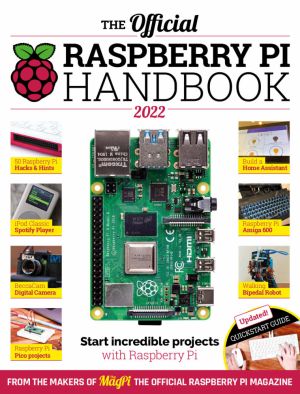
Get even more from Raspberry Pi with the brand-new official Handbook! Over 200 pages of Raspberry Pi packed with inspirational projects, essential tutorials & guides, practical tips and definitive reviews!
Inside The Official Raspberry Pi Handbook 2022:
- QuickStart guide to setting up your Raspberry Pi computer;
- Updated with Raspberry P...
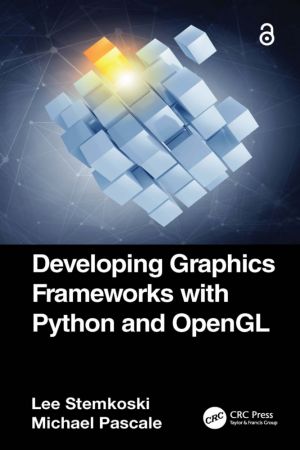
Developing Graphics Frameworks with Python and OpenGL shows you how to create software for rendering complete three-dimensional scenes. The authors explain the foundational theoretical concepts as well as the practical programming techniques that will enable you to create your own animated and interactive computer-generated worlds. You will learn h...

As technology has developed, computer hackers have become increasingly sophisticated, mastering the ability to hack into even the most impenetrable systems. The best way to secure a system is to understand the tools hackers use and know how to circumvent them. Defense against the Black Arts: How Hackers Do What They Do and How to Protect against It...
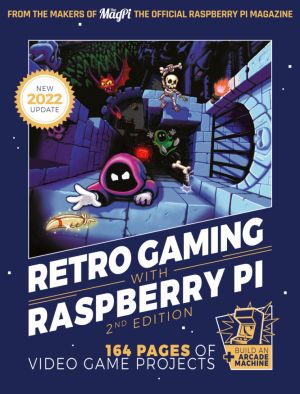
Discover how to set up Raspberry Pi to play classic games in the brand new version of our retro gaming guide. In this 164-page book, you'll learn how to build a portable games machine, assemble a full-sized arcade cabinet, and emulate classic computers and consoles. Our step-by-step guides make each build easy! Plus you'll even learn to p...
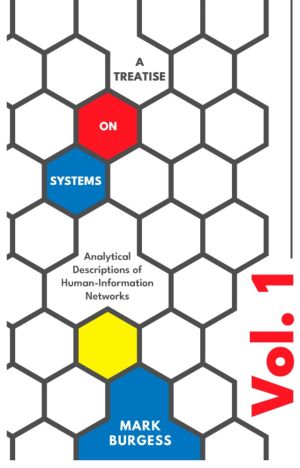
Network and System Administration usually refers only to the traditional skills and recipes for keeping computers and networks running properly. But, in truth, this view omits the most important part of the system: humans. The skill needed to comprehend and tame systems comprising both humans and machines is that of managing complexity. In this boo...
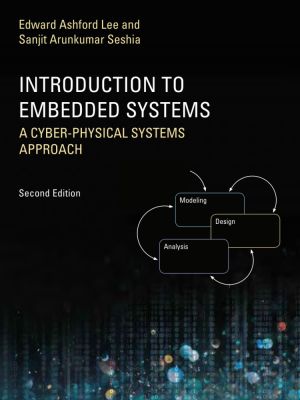
An introduction to the engineering principles of embedded systems, with a focus on modeling, design, and analysis of cyber-physical systems.
The most visible use of computers and software is processing information for human consumption. The vast majority of computers in use, however, are much less visible. They run the engine, brakes, seatbelts,...
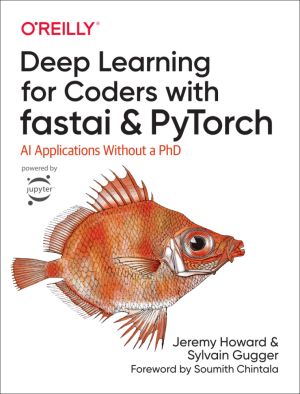
Deep learning is often viewed as the exclusive domain of math PhDs and big tech companies. But as this hands-on guide demonstrates, programmers comfortable with Python can achieve impressive results in deep learning with little math background, small amounts of data, and minimal code. How? With fastai, the first library to provide a consistent inte...
